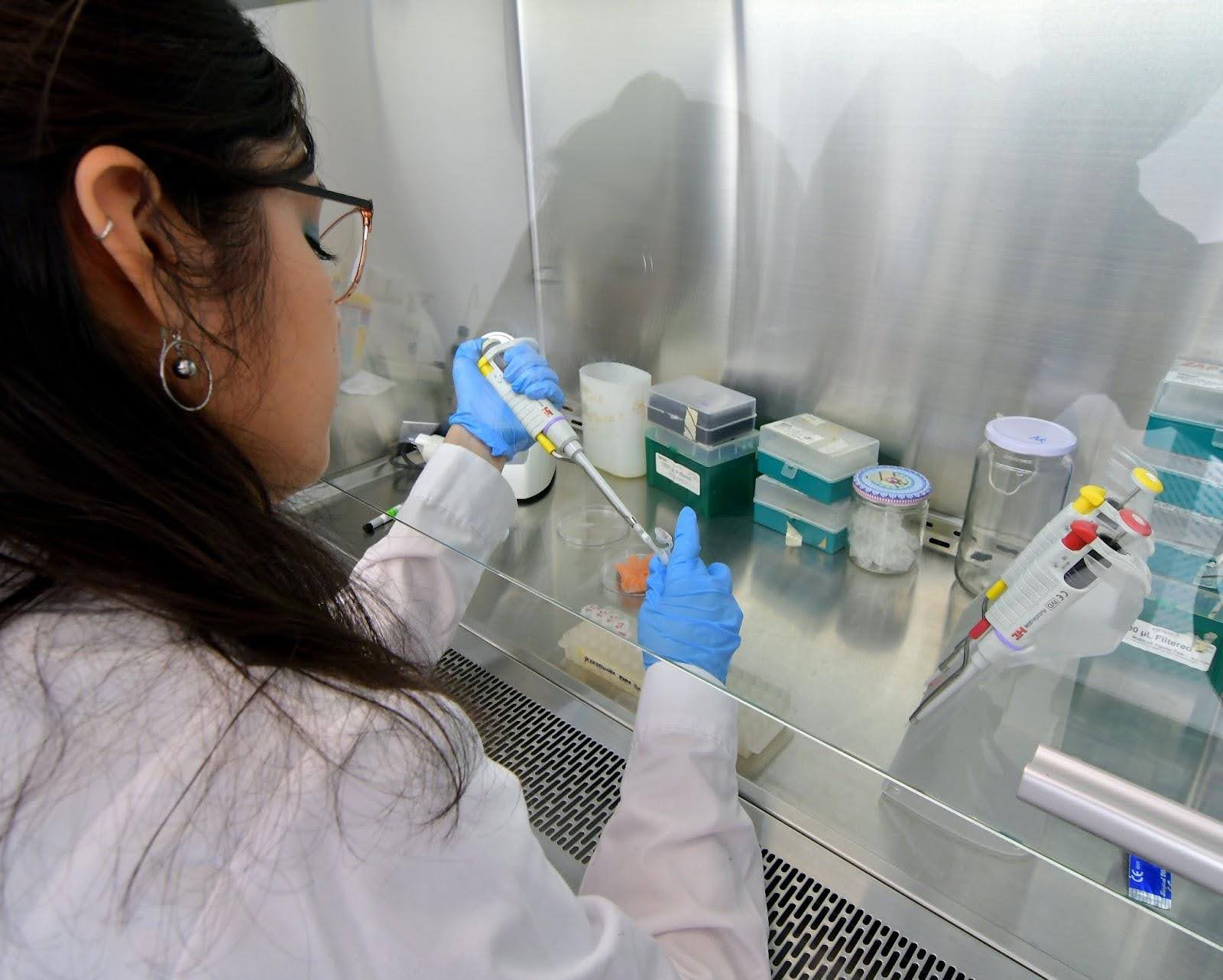6 Different Types Of Pharmacy | Deep Dive Into Each
12 Jan, 20246 minPharmacists play a pivotal role in healthcare, ensuring the safe and effective use of medica...

Pharmacists play a pivotal role in healthcare, ensuring the safe and effective use of medications. However, the field of pharmacy is diverse, with professionals specializing in various domains. This article provides an in-depth exploration of the different types of pharmacists, shedding light on their unique roles, responsibilities, and contributions to the broader healthcare landscape.
Let's begin by understanding who these professionals are and how they make a major difference in healthcare.
The Various Roles of Pharmacists
Pharmacists, as healthcare professionals, are trained to dispense medications and provide essential information about them. Their role lies in ensuring patients receive the correct medications and use them safely and effectively.
Some of the key functions of a pharmacist are:
1. Dispensing medicines
Pharmacists take on the responsibility of filling prescriptions and ensuring patients receive the correct medications. They thoroughly verify prescription accuracy and provide the right dosage.
2. Providing information
Pharmacists are your go-to experts for all things medication-related. Whether it's how to take medication, potential side effects, or understanding drug interactions, they are a valuable source of information for patients and healthcare providers alike.
3. Overseeing medication therapy
Pharmacists keep a tab on your medication therapy. They identify and address potential issues, such as drug interactions or incorrect dosing, ensuring that the medication plan is safe and effective.
4. Acting as a trusted information source
Pharmacists stay updated on the latest evidence-based information about medications, serving as a valuable resource for healthcare professionals, patients, and caregivers. This includes knowledge about drug interactions, contraindications, and dosing guidelines.
5. Ensuring medication safety
Ensuring medication safety is a top priority for pharmacists. They verify medication orders, actively prevent errors and advocate for the safe use of medications. Pharmacists also monitor and report any adverse drug reactions (ADRs) to appropriate authorities, contributing to overall patient safety.
6. Basic record-keeping and administrative tasks
Pharmacists take care of important paperwork and organizational tasks as part of their job. They keep records of prescriptions, making sure they have details like the patient's name and the medication. They also manage the pharmacy's supplies, communicate with other healthcare professionals, and handle tasks related to insurance and billing. They need to keep patient information confidential and follow rules and regulations. These administrative tasks help the pharmacy run smoothly and ensure patients get the right care.
Exploring Different Types of Pharmacy Jobs
Clinical pharmacist
Being a clinical pharmacist is all about helping patients directly. Working in hospitals, clinics, and health systems, your primary responsibility is to interact with patients, guiding them on the right use of medications. Unlike the traditional image of a pharmacist behind a counter, you'll be actively engaging with patients, making sure they understand their medicines and overall health management.
Hospital pharmacist
A hospital pharmacist is like the captain of medicines in a hospital. Their main job is to make sure patients get the right medications. They play a key role in handling drugs given through IVs. Hospital pharmacists keep a close eye on the medicines patients need and collaborate with doctors and nurses to make sure everyone gets the correct dose at the right time.
Compounding pharmacist
As a compounding pharmacist, you don’t just give out regular medicines, you're making ones that fit each person perfectly. It's like being a medicine tailor, creating personalized solutions for everyone. This unique role is one of the most sought-after types of careers in pharmacy because you get to make sure each patient gets exactly what they need.
Long-term care pharmacist
Next up on the list of different types of pharmacy jobs is a long-term care pharmacist. Pharmacies for long-term care are made for people with specific health needs. These are places where pharmacists focus a lot on giving personal attention to the patients. They might be involved in caring for older adults, providing medications for certain conditions, and managing medications.
Retail pharmacist
Retail pharmacy, the most traditional and widespread kind, has been around the longest. Most retail pharmacists can be found in drugstores, but you'll also spot them in supermarkets and big retail stores. In these places, pharmacists have the vital job of picking, handing out, and safely storing medications for the community.
Community pharmacists
For community pharmacists, a typical day consists of connecting with patients, giving out over-the-counter medicines, and guiding customers on the safe use of prescriptions. Community pharmacies open doors to various chances for career growth. These pharmacists might step into management roles, carrying titles like Pharmacists in Charge (PIC) or regional managers. It's worth mentioning that many pharmacists, at some point in their careers, find themselves working in a community setting.
Why Choose Quad Recruitment USA
If you’re looking to make a career in the pharmacy industry, Quad Recruitment is the friend you need:
Specialized knowledge: We specialize in pharmacy recruitment, ensuring that our team has in-depth knowledge of the industry's specific needs and trends.
Extensive network: Our broad network of industry connections enables us to match you with opportunities that may not be readily available through traditional channels.
Personalized approach: We understand that your journey is unique, and our approach is tailored to meet your career aspirations and preferences.
Whether you want to work in a clinic, a local pharmacy, or a big industry, we've got your back.
Contact us today!




